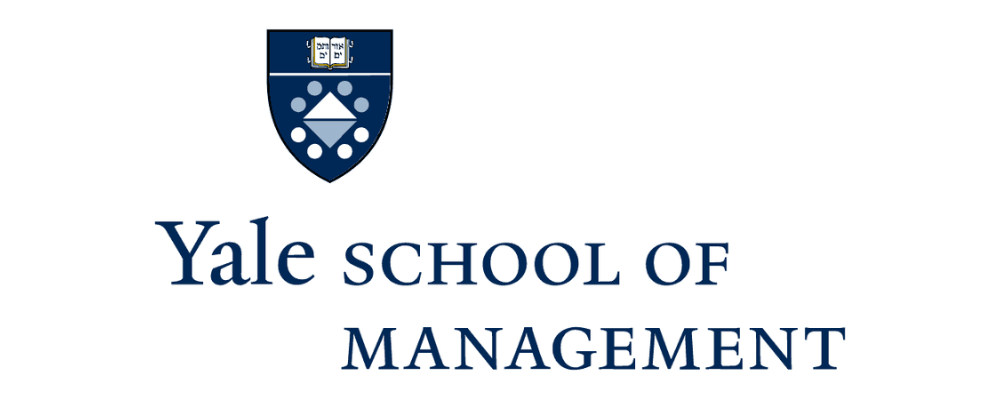
This commentary was adapted from episode 142 of the Health & Veritas podcast.
Polio is back in the news, again.
Over two years ago, we talked about a serious polio threat in the New York area, when one person developed paralytic poliomyelitis and wastewater detected the virus in several adjoining and nearby counties. Less than 1% of all infections result in paralytic polio; when we see wastewater evidence of polio, we know people are being infected, but generally only when we see clinical poliomyelitis do we get to know precisely who was infected. That outbreak extinguished itself without more harm.
Throughout the world, we have continued to see vaccine-derived polio outbreaks, including the recent outbreak in Gaza (listen to my Tik Tok for more about that). That’s one of the main reasons why richer nations, including our own, have shifted to inactivated polio vaccines. But these vaccines can only be very effective at extremely high uptake rates and when polio is nearly eradicated already.
Listen to episode 45 of the Health & Veritas podcast to understand more of the nuance, but in brief the oral polio vaccine is the vaccine-of-choice for the Global Polio Eradication Initiative (GPEI) because it 1) provides superior mucosal immunity against subsequent infection and spread of wild polio virus, 2) spreads from vaccinees to close contacts (and thus immunizes some individuals not reached by immunization programs), 3) can be rapidly administered by volunteers in the form of oral drops (which is important during large vaccination campaigns), and 4) is relatively affordable compared to inactivated poliovirus (by an order of more than 10:1).
But today, I am not talking about a vaccine-derived polio outbreak. For the first time in several years, we have a worsening outbreak of wild-type polio, in Pakistan. Wild type polio—the original polio—has been on the cusp of eradication except for one major region in the world, Pakistan and Afghanistan. There has been enormous progress, with fewer than two dozen cases for several years running. But that progress is being partially undone now. In Islamabad, the capital of Pakistan, where over one million people live, a single case has been detected and wastewater detection there and elsewhere in Pakistan indicates real ongoing concern. In Afghanistan, many more cases are circulating, including vaccine-related cases.
Both wild-type and vaccine-related cases can be eradicated through high penetration of vaccination. But that is where the problems begin.
There are many reasons why citizens of Pakistan have seen declining rates of immunization, but one of them relates to the U.S. government’s efforts to find Osama bin Laden by using a fake vaccination program to identify bin Laden’s location. In 2014, the US government promised not to do such a thing again, but the damage was done. There are, obviously, many more reasons for individuals to become skeptical. But this one stings a lot.
This week the Taliban, the de facto ruling entity of Afghanistan, banned most of their polio vaccination program. This, too, is a very concerning move.
If we are to have successful vaccination programs, whether we are talking about in the U.S. or Pakistan or adjoining Afghanistan, we need to make certain that politics are minimized and the public’s questions are answered early and often.
For the moment, Pakistan is engaging in a truly massive vaccination campaign as the rest of the world watches and hopes for a quick reversal of the current outbreak. But Afghanistan has paused most of its efforts, with worsening data.
We can eradicate polio. But it will require true global cooperation. One nation alone can’t do it.
“The Yale School of Management is the graduate business school of Yale University, a private research university in New Haven, Connecticut.”
Please visit the firm link to site


